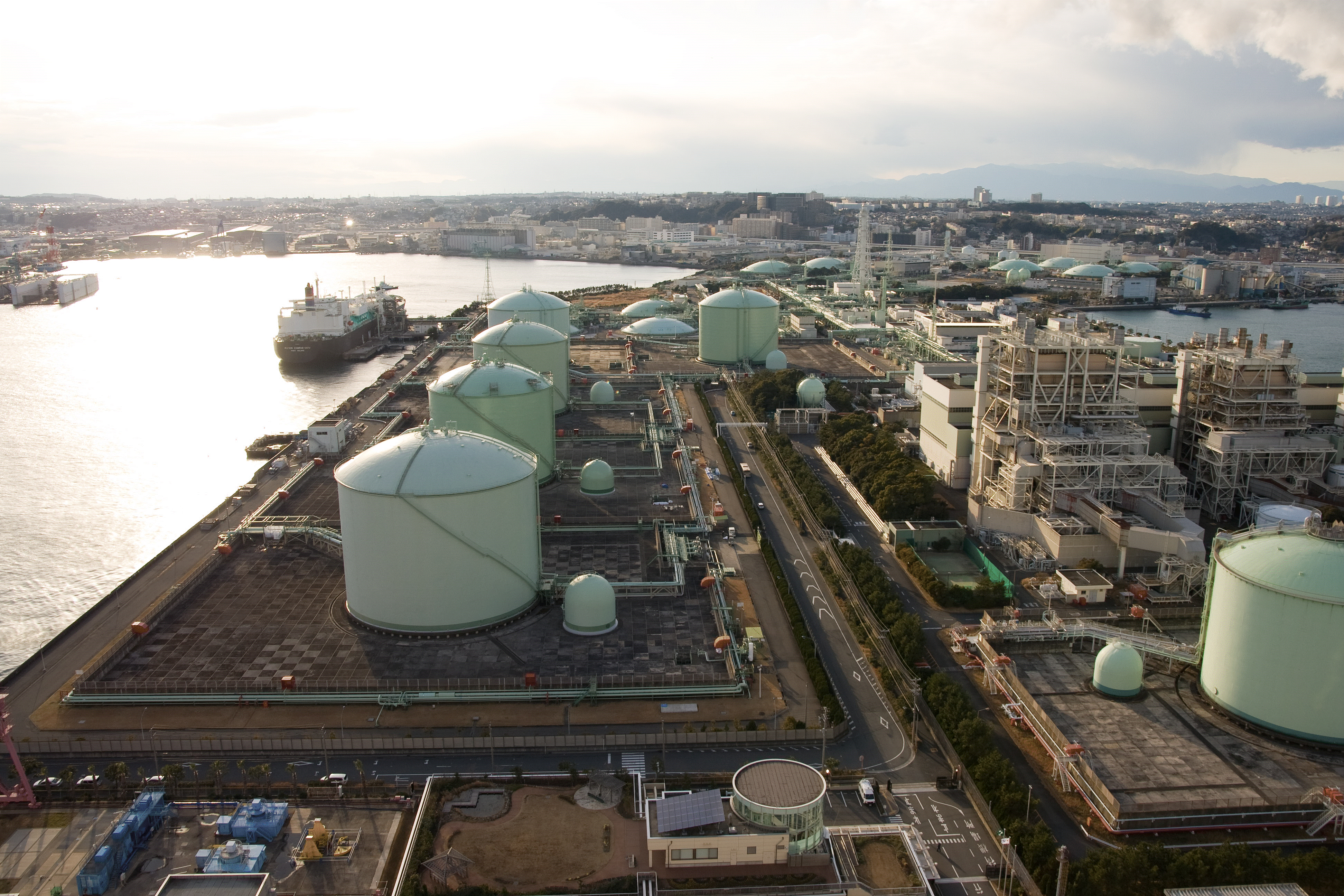

For more than a decade, advanced process control (APC) technology has been playing a significant role in the global liquified natural gas (LNG) value chain. While the LNG market is expected to grow in 2018 due to continued environmental concerns, increased use of LNG in the industrial and transport sectors, especially in Asia, LNG liquification plants in particular face several critical constraints affecting profitability. The production process in LNG plants is sensitive to a wide range of disturbances, including both changes in ambient temperatures and feedstock composition. APC technology can help compensate for these variables to enable processes to be operated closer to constraints without compromising safety. This improves profitability without negatively impacting a plant’s “license to operate.”
APC and optimization can help address the different factors impacting performance and profitability. From field sensors to boardroom information, the choice of control and automation technology impacts almost all aspects of an LNG operation. Automation strategies have become a crucial element for aligning business needs with operating practices to achieve success. The application of APC technologies such as multivariable predictive control (MPC) and real-time optimization can significantly improve LNG production throughput, optimize NGL production, and minimize energy consumption. APC can boost LNG processing capacity by 5-10%.
The latest APC technology allows LNG producers to address process-specific problems and lower lifecycle costs, while implementation improvements enable faster ROI that can be sustained in the face of the changing workforce. LNG producers can also coordinate the plant optimization model with APC models across their site. This includes integrating different solutions in a unified optimization framework: controlling product inventories, manufacturing activities, and product quality; and reproducing off-line planning optimization online and in real time.

Monitoring solutions can also be used to quantify APC benefit erosion due to disturbances or equipment issues, identify lost opportunity cost and asset performance, and prioritize limiting constraints by financial impact.
Several characteristics make LNG plants excellent candidates for applying APC:
The LNG industry requires effective solutions that address all aspects of advanced control and optimization, from improving regulatory loop control to optimizing the entire process. The use of this technology is essential for enabling faster responses to the changes in business demands. As ARC continues to investigate the LNG market, we invite end users and technology suppliers to share their viewpoints on APC and other advanced technologies across the LNG value chain.
For further discussion or to provide feedback on this blogpost, please contact the author, Jyoti Prakash, at jprakash@arcweb.com.

